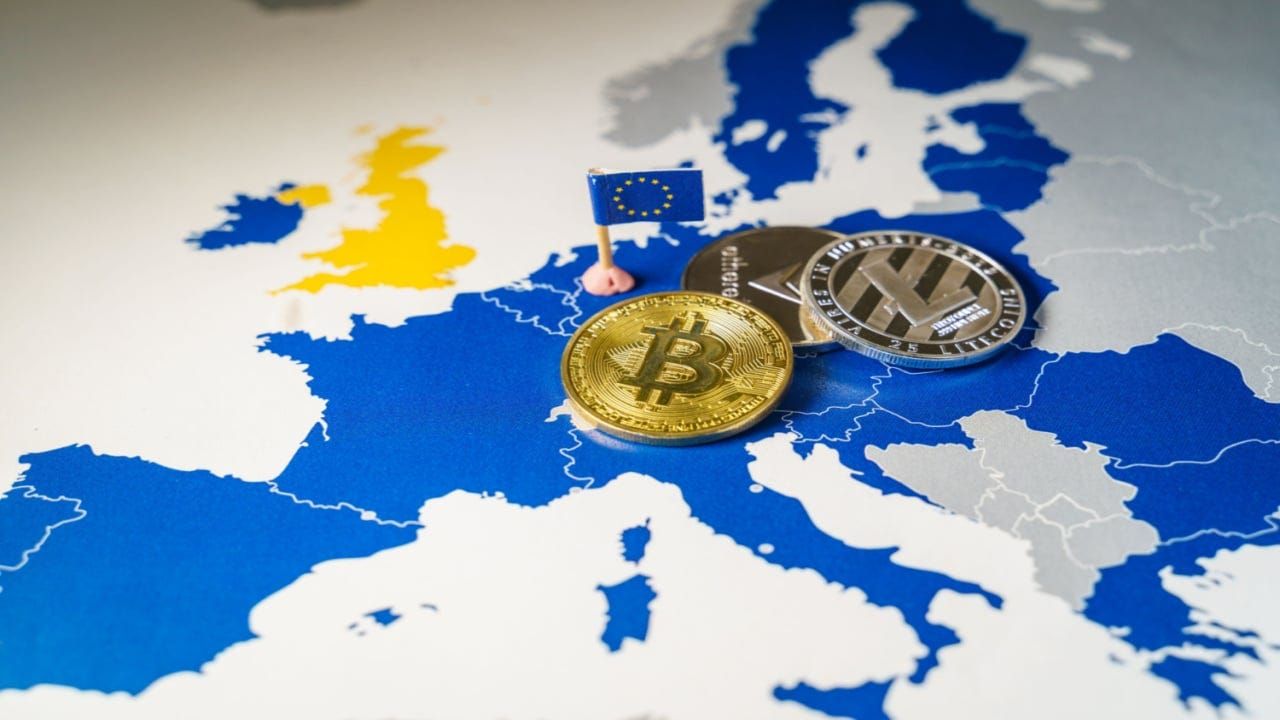The European Union officially ratified its pioneering Markets in Crypto Assets (MiCA) regulation on Wednesday, a significant step towards establishing tailored regulations for the sector and potentially becoming the first major jurisdiction to do so. The law was signed by the President of the European Parliament, Roberta Metsola, and the Swedish Rural Affairs Minister, Peter Kullgren, along with a complementary anti-money laundering law that mandates crypto providers to verify their customers’ identities during fund transfers.
The Swedish government, serving as the current EU president and leading legislative discussions, announced on Twitter the latest development, which entails the ratification of several laws such as the Markets in Crypto Assets (MiCA) regulation and anti-money laundering rules for fund transfers, alongside two other unrelated regulations concerning trade with Ukraine; a spokesperson from the European Parliament verified the information to CoinDesk.
The Markets in Crypto Assets (MiCA) regulation is expected to take effect in a few weeks following its publication in the official journal of the European Union, which is anticipated to occur in June, with its provisions providing crypto exchanges and wallet providers with a license to operate across the 27-member bloc, and mandating stablecoin issuers to maintain adequate reserves, set to be enforced within a period between 12 to 18 months from the date of enactment.
Initially proposed by the European Commission in 2020, the Markets in Crypto Assets (MiCA) regulation sparked debate among lawmakers when certain environmentally-focused provisions were nearly included, which had the potential to effectively prohibit the use of proof-of-work technology employed by itcoin">Bitcoin.
Although the industry received the provisions with general support, the focus has shifted towards the upcoming phase of crypto regulation in the EU, with future regulations possibly addressing matters such as staking, non-fungible tokens, and decentralized finance.




